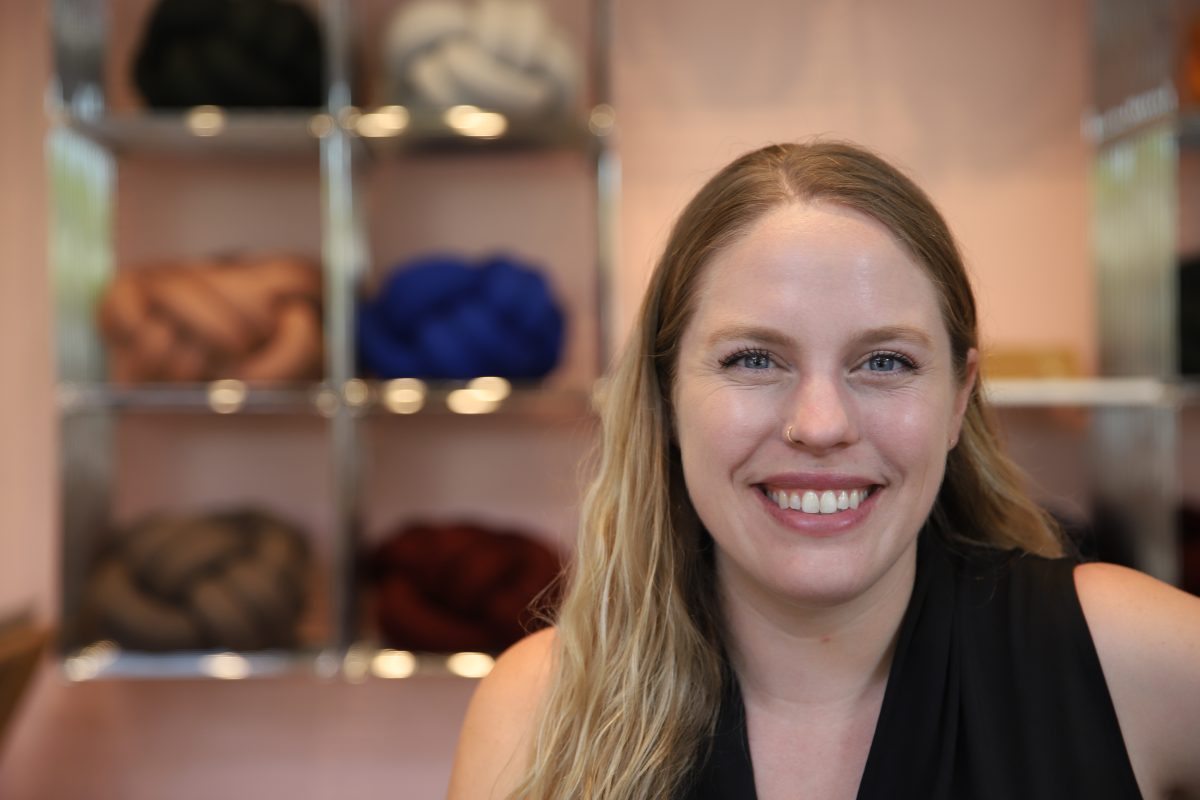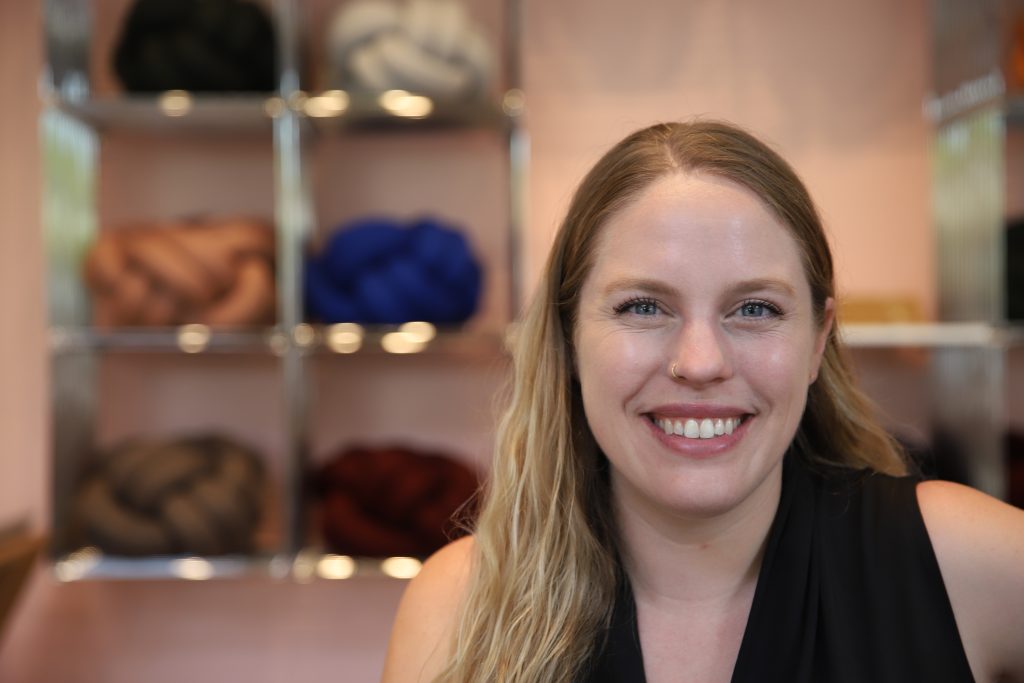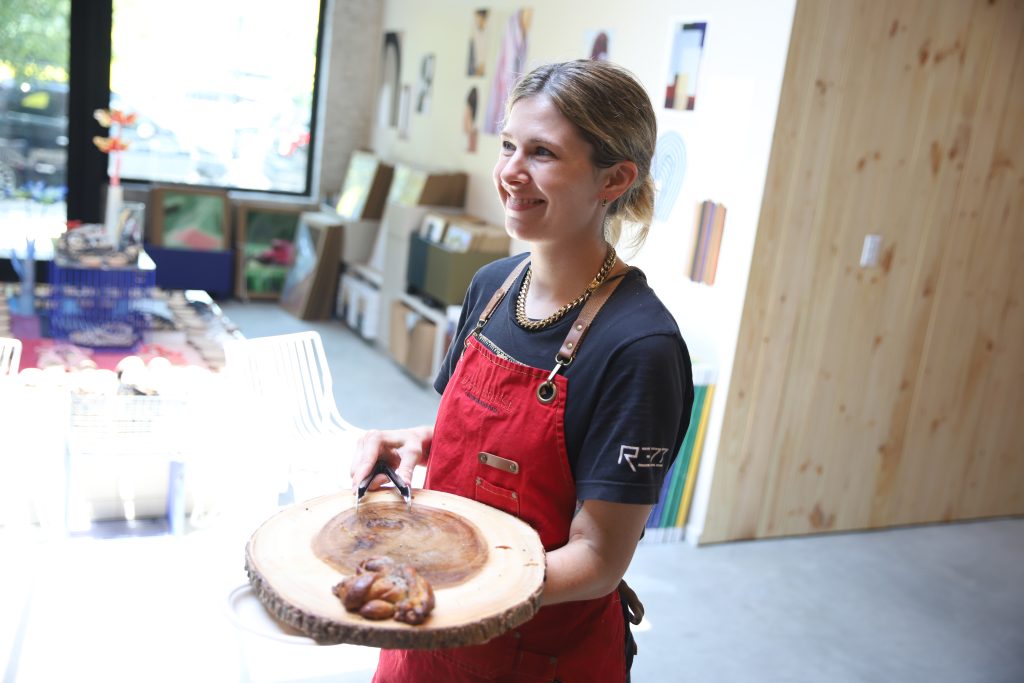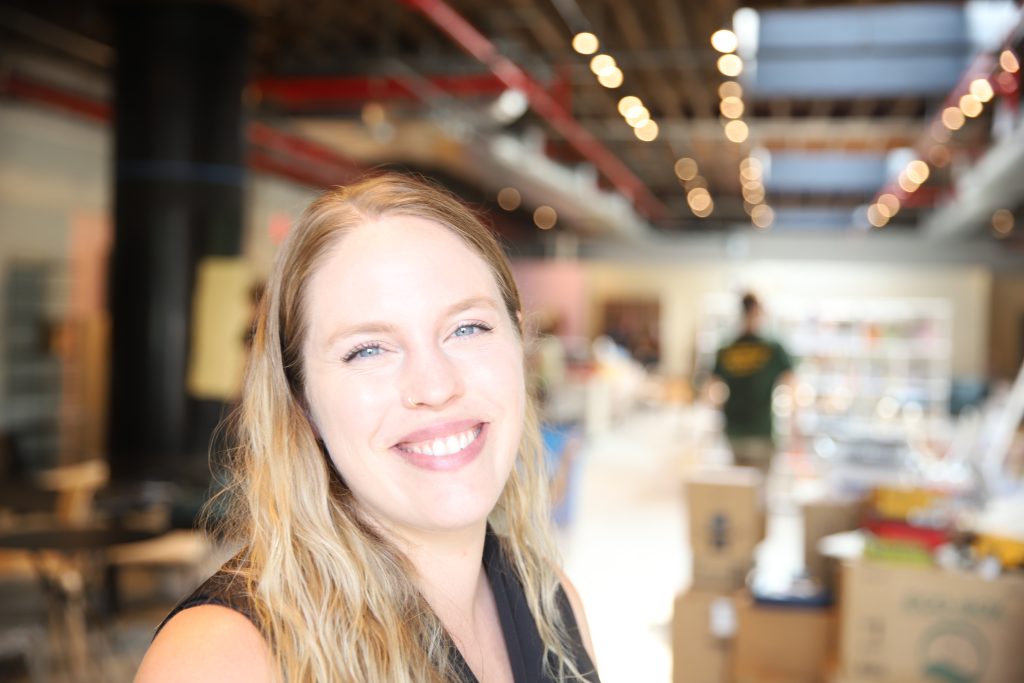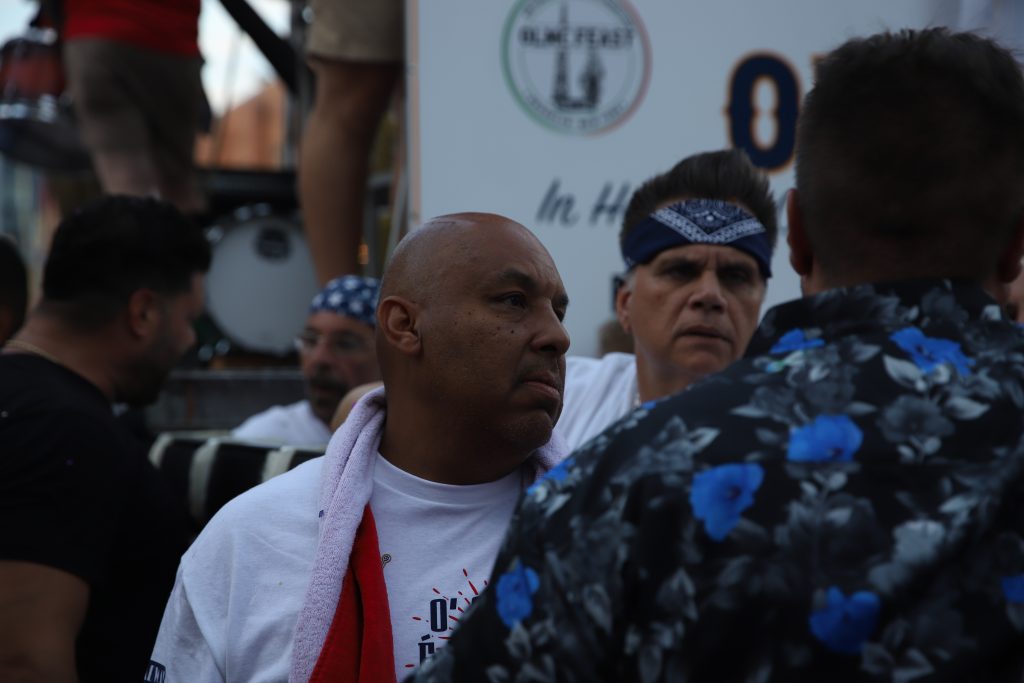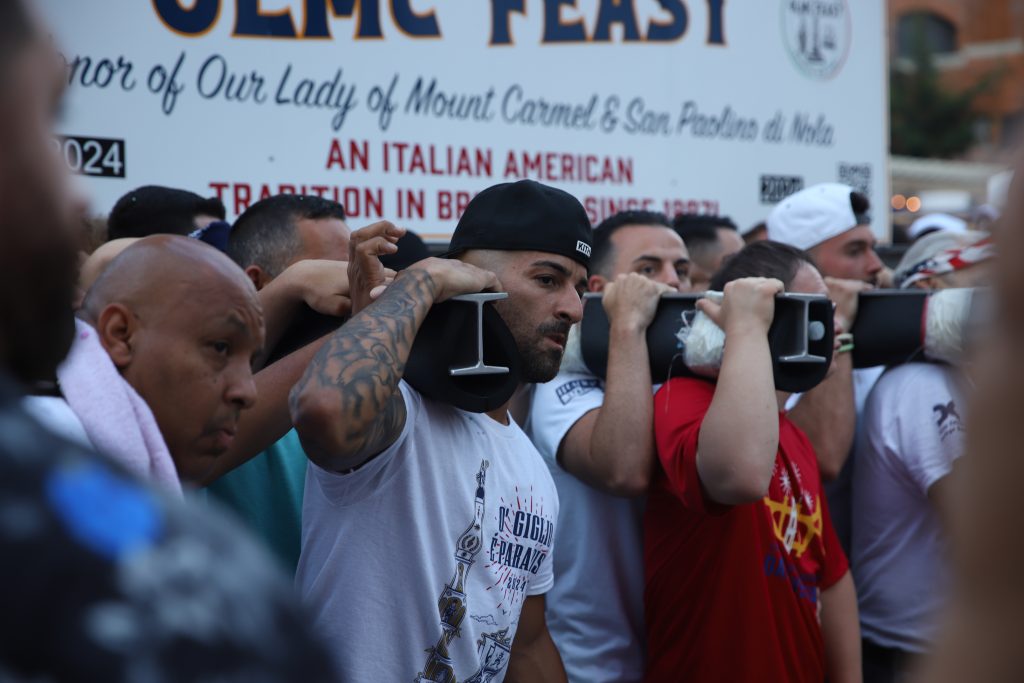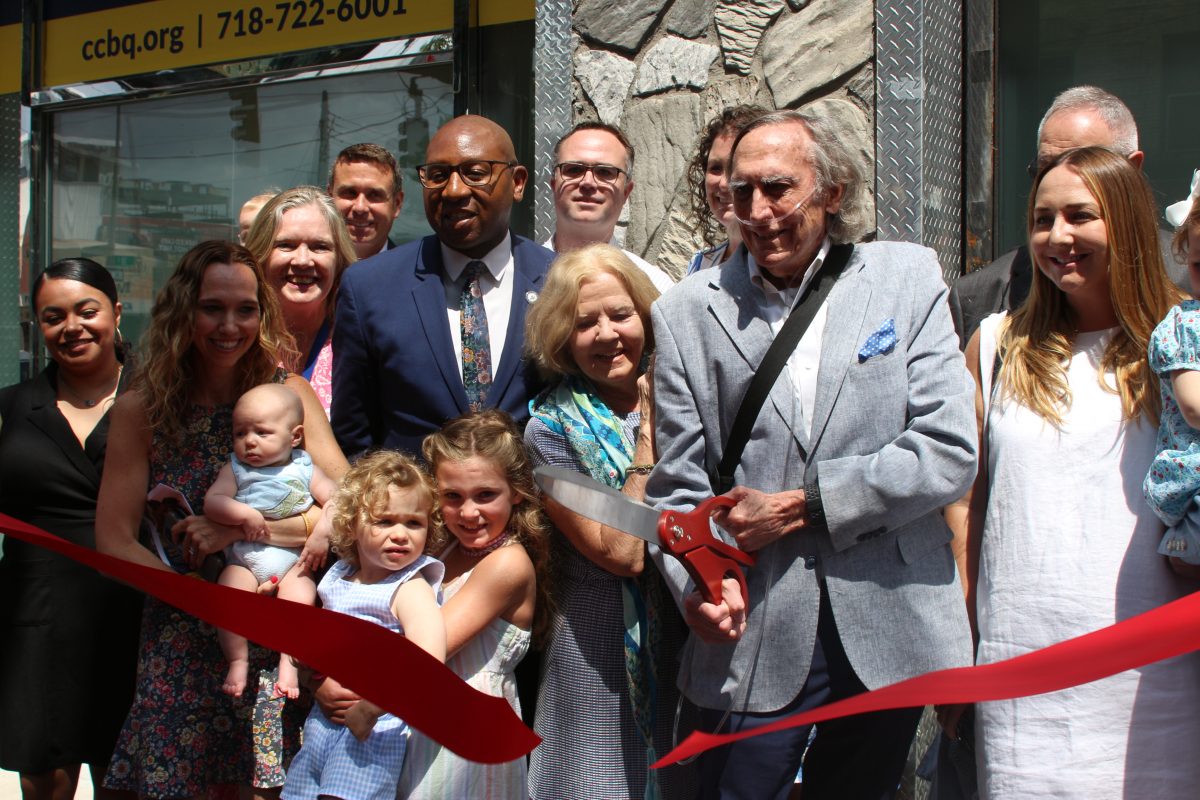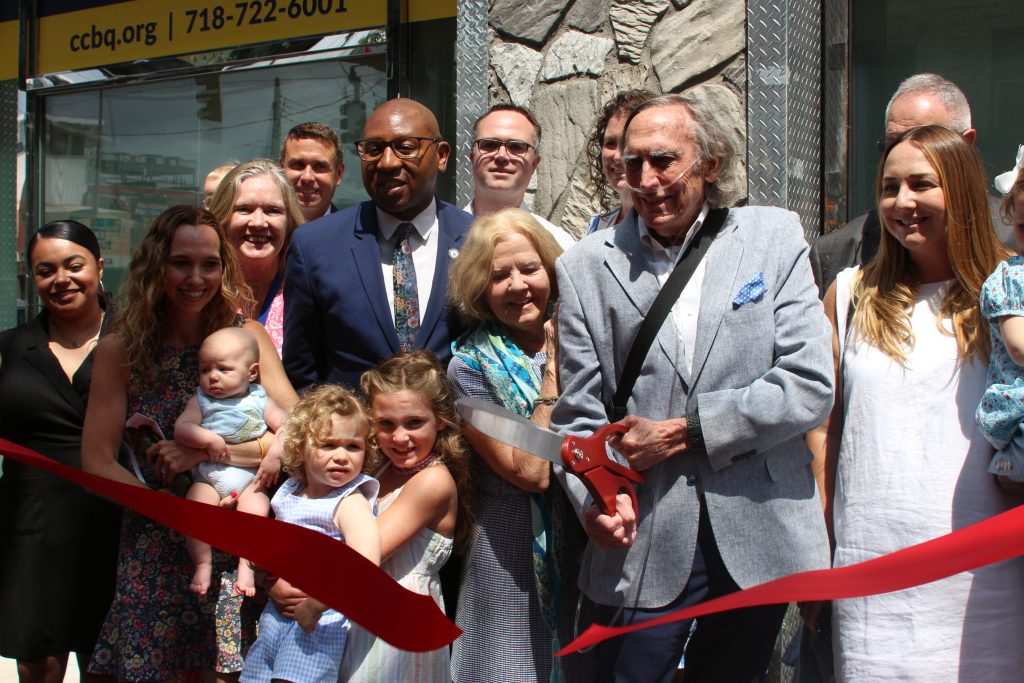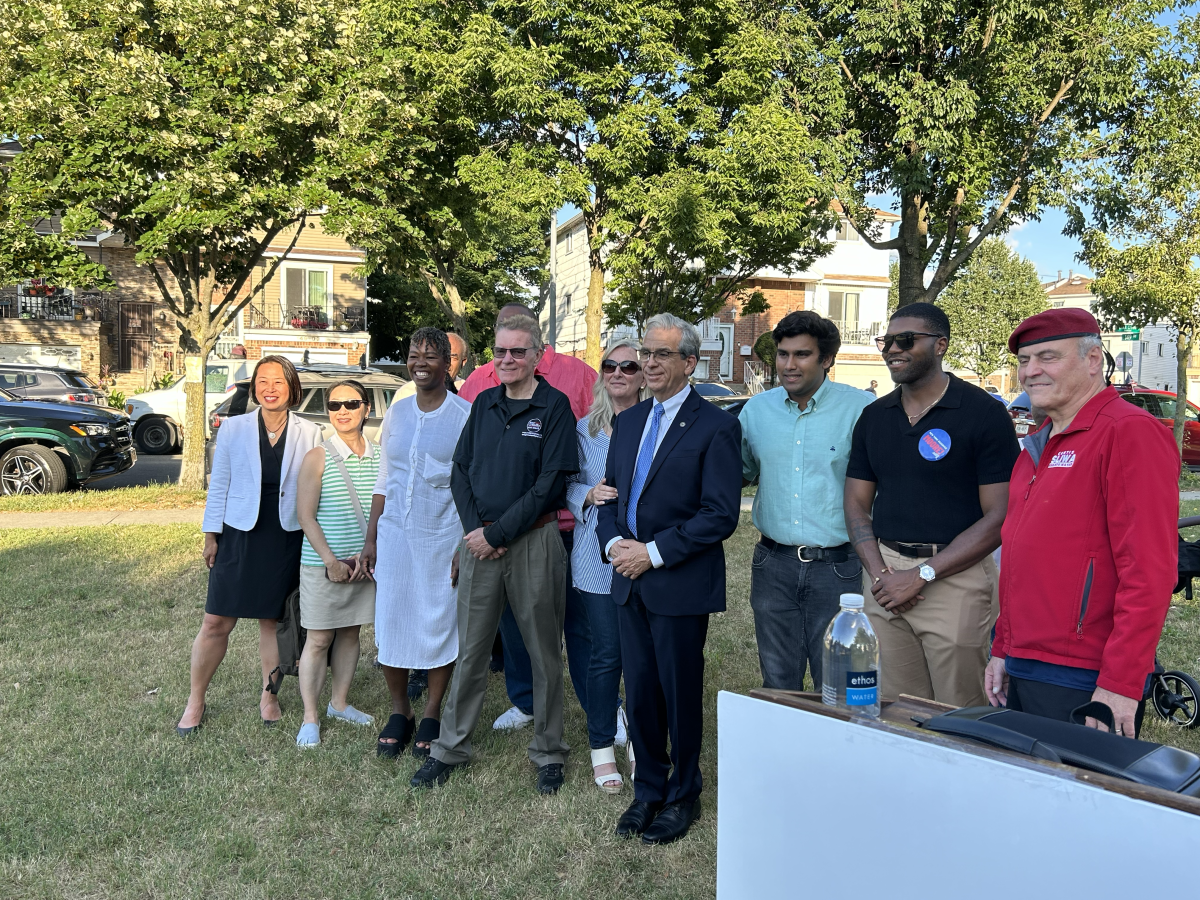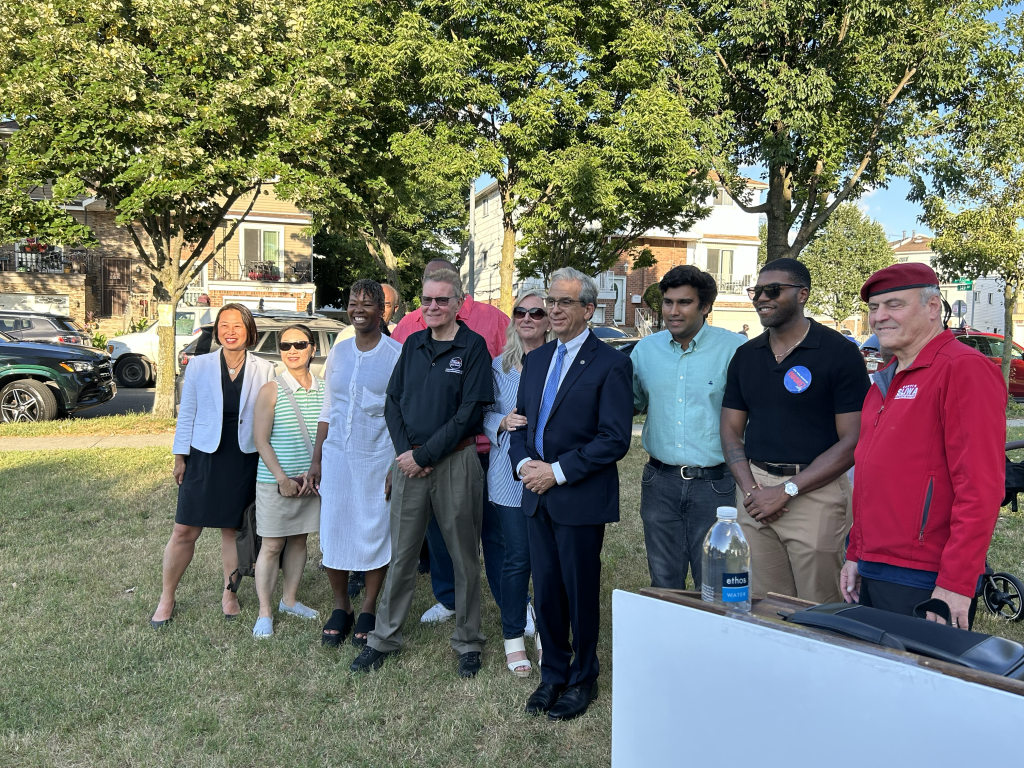Queens in the City of Lights; Bet You Didn’t Know These Olympians Hail from the Home Borough

Photo Courtesy of @paris2024 on Instagram
By Alexander Bernhardt Bloom | alex@queensledger.com
All eyes are on the Ville Lumière this week as the Olympic torches are lit and the 2024 Summer games get underway.
592 athletes from the United States will compete in the French capital in thirty-four different sports. Some of them you may have heard of. For instance, one four-time Olympic qualifier is also a twenty-time All-Star and four-time MVP in the professional league he plays in at home and would be recognizable by his beard and biceps from the other side of an olympic lap pool. His name is Lebron James, and he will be one of the US flag bearers in the opening ceremonies on Friday.
Perhaps lesser known, several athletes arriving in Paris this week will nonetheless serve as figurative flag bearers for their home country and their home borough here in New York City too. Here are three of them:
Lauren Scruggs, originally from Ozone Park, will make her olympic debut this week. At twenty-one years old she has already assembled an impressive portfolio as a competitive fencer, and is a stand-out on her university team at her current school in Cambridge, Mass., another one you may have heard of. Last year she earned the NCAA Women’s Foil Champion title representing the Harvard Crimson, and although Scruggs has dedicated herself to fencing seriously, traveling extensively to compete, she remains a full-time student and retains a healthy sense of humor about her life as a competitive athlete, frequently joking about lightsabers and The Princess Bride as sources of inspiration. As an openly-gay African American woman, Scruggs stands to accomplish many firsts and to open many doors as a leader in her sport. Three cheers for Ozone Park.
Also from Ozone Park!: Tahl Leibovitz, who at forty-nine years-old will make his seventh appearance on Team USA this year as a Paralympian Table Tennis competitor. He first picked up a paddle at a Boys & Girls Club in South Queens as a teenager, this during a turbulent moment in his young life, ejected from an unsafe family home, living on the streets and dropped out from school before reaching secondary education. He was pretty good at handling it, – the paddle – he found, and before long he was training and well-trained and gained qualifier in the Paralympic Games in Atlanta in 1996.
Leibovitz has a bone condition called Osteochondroma which affects cartilage and bone-growth in ways that restrict motion and cause muscle irritation, but you wouldn’t know it to watch him behind the table. He is quick and spritely and explosive, the paddle in his hand a tool he wields nimbly. Like Scruggs, his participation as an Olympian is an occupation adjacent to his other. Leibovitz is a Licensed Clinical Social Worker on his days out of uniform, having returned to school to earn a pair of BAs and MAs each. Three cheers for Ozone Park again.
This will be the first year that Summer Olympians will arrive to the city of international competition under the athletic title Breaker. Sunny Choi will be one of them. You may have heard of one among a string of popular Hollywood films about competitive dance with words like “serve,” “step,” and “stomp” in their titles. These show reverence to a style of dance that emerged in US cities in the 1980’s called Breakdancing, and beginning this year it will be recognized as an Olympic sport.
Back to Choi, who spent part of her childhood in Tennessee and Kentucky but now lives in Queens and has claimed it as her hometown in her Olympic profile. At thirty-five she is set to appear for the first time, and a bit differently than she had imagined as a child with Olympic dreams. She was a gymnast to begin with, but injuries prevented her from pursuing a career in that sport. As a Freshman at the University of Pennsylvania (more ivy!), Choi discovered Breaking and joined a student club. She continued dancing through an MA at the Business School there and into the beginning of a successful career in Marketing, but she’d go on to leave that career to go after success elsewhere. That appears to have been a sensible choice; last year she was the winner overall at the Pan American Women’s Breaking Competition in Santiago, Chile. The City of Lights awaits.



